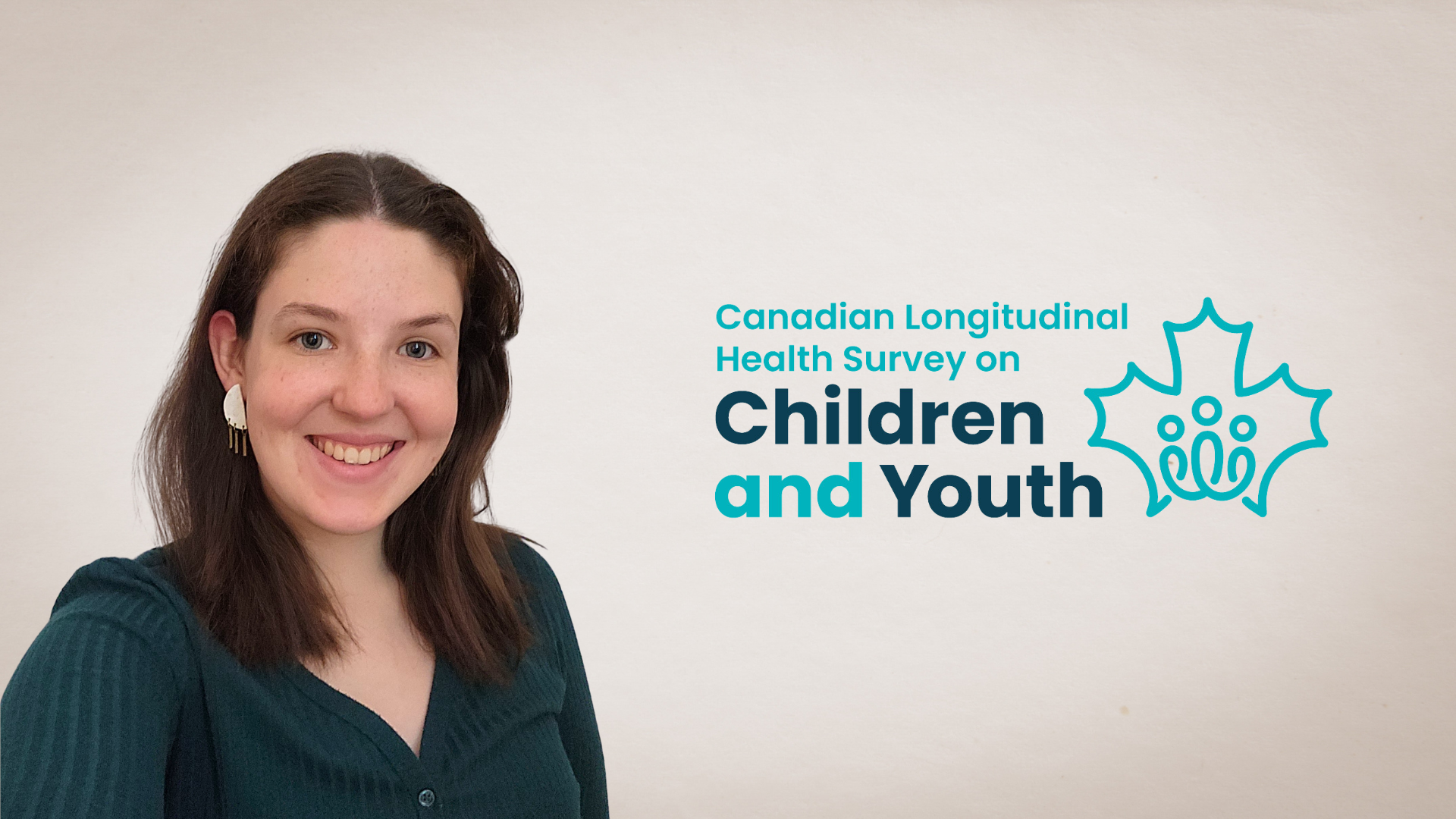A Conversation with Lisa Wolff, Director of Policy and Research at UNICEF Canada

CHSCY Check-In #9
Video Transcript
I’m Lisa Wolf. I’m the Director of Policy and Research at UNICEF Canada.
UNICEF is part of the community around the CHSCY study and we are really keen to look at how we can use that data for advocacy priorities that we have. In Canada, we’re promoting stronger social protection and care policies for children, and we know that deficits in these policies show up in children’s health.
So, in a survey that’s measuring child health, we can look for linkages between that data, and administrative data around these policies, and see how we can learn about the kinds of policies that will elevate the outcomes that we’re measuring in the survey.
UNICEF is not only a developer of data about children, and a purveyor of data about children to those who can use it [but] we rely on that data for our policy advocacy – for the systems building work that we do in more than 190 countries. The CHSCY can help UNICEF by providing the most readily available, timely data about child and youth health in Canada.
It is a survey that should be invested in sufficiently to make that data widely available and readily available, not only to academic institutions, but to civil society organizations who really rely on good, timely data to formulate their policy advocacy and their programs and their service work that they do for children.
More than that, children and youth themselves should be able to access this information in child-friendly ways. They’re the ones that supply the data and a human rights approach to data always asks that we give back – that we give to those who we’ve extracted data from the right to actually have the information and be able to help make sense of it and help guide the decisions that are made based on that data.
Where we’re going to get extra value from the survey is if there is an investment to continue to repeat the survey in future cohorts. If the CHSCY can approach that kind of ambition, where over time – over generations – we’re actually able to measure what’s getting better and what’s not for kids, it’s really going to help policy developers, program developers, [and] service providers base some of their decisions on solid, unique data.
CHSCY



